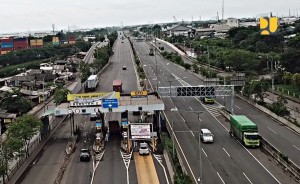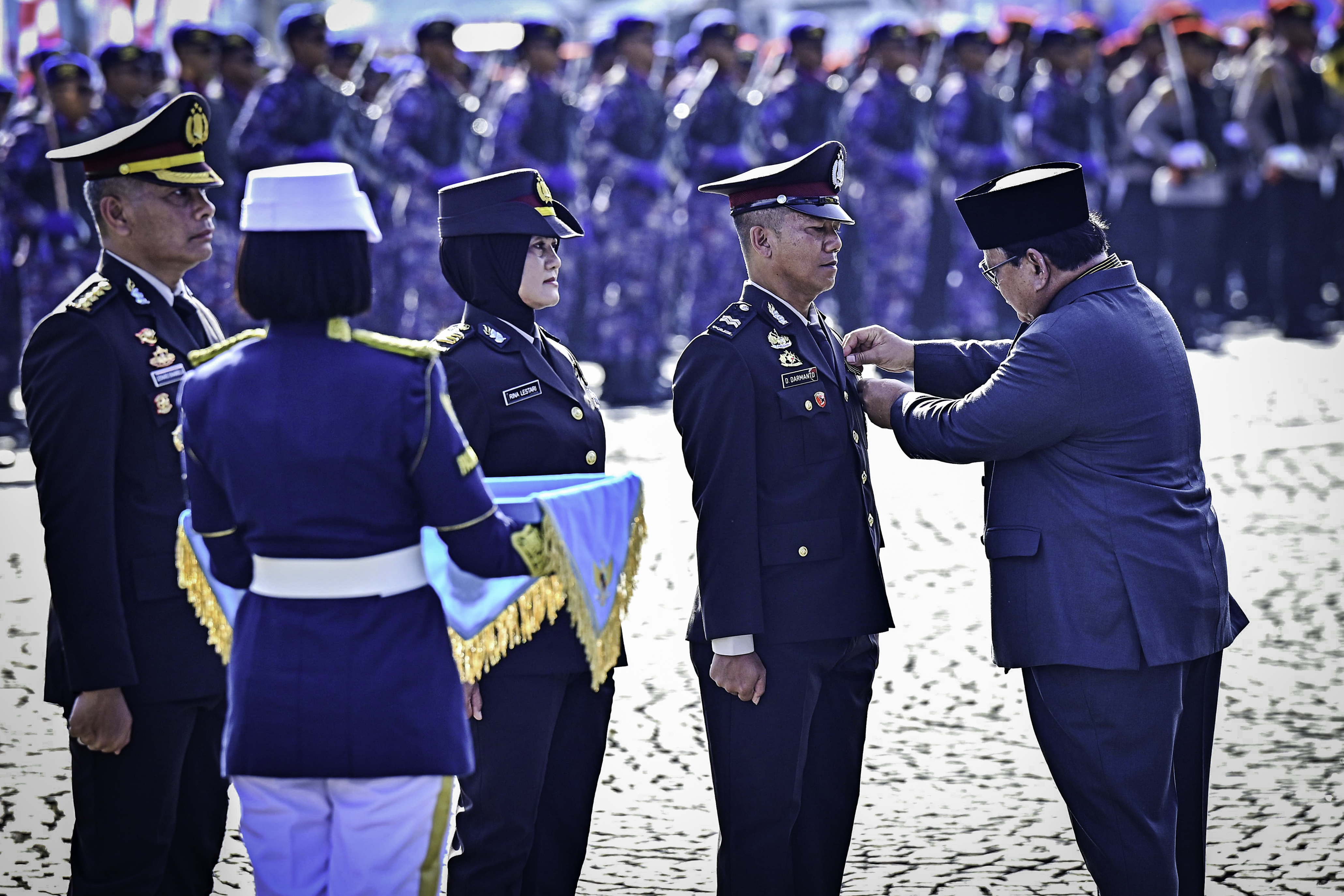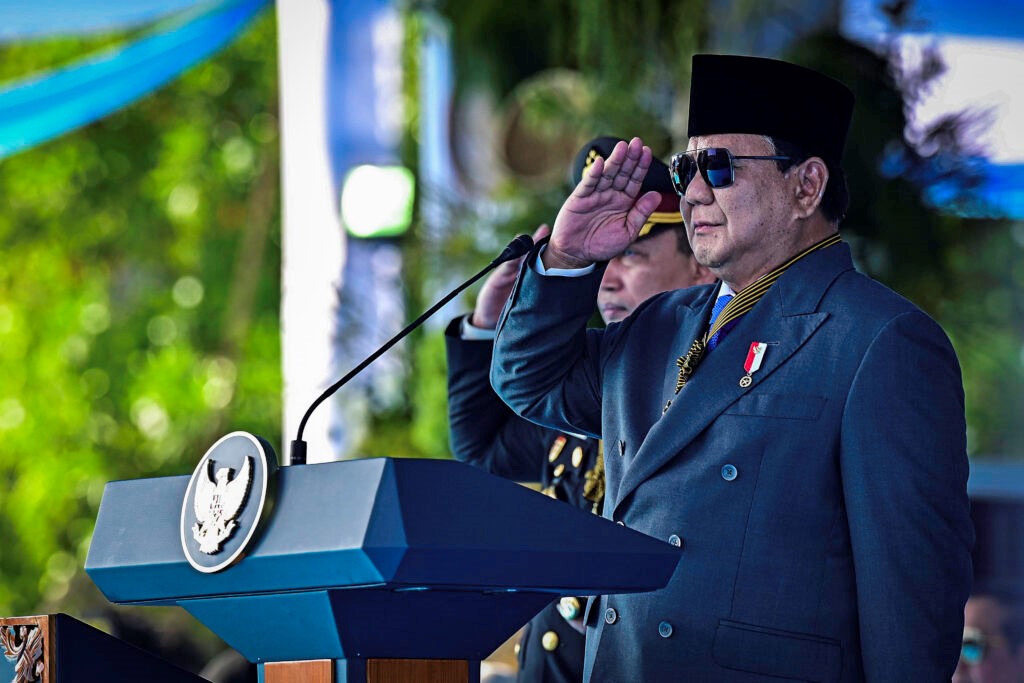Govt to Inaugurate 9 More Toll Roads This Year
Ministry of Public Works and Public Housing (PUPR) is currently completing the construction of Trans Java Toll Road from Merak in West Java to Banyuwangi in East Java spanning 1,150 kilometers.
The construction of the toll road is expected to be completed by the end of this year.
Merak-Pasuruan is currently connected by a 920-km toll road, in which 607 km of it is already in operation and the construction of the remaining 313 km is targeted to be completed by the end of this year.
President Joko Jokowi Widodo said that the toll road should be integrated with other elements of economic growth, including industrial areas, seaports, airports, tourist areas, and large-scale settlements to give maximum advantages for business, tourism and industries.
In the meantime, Minister of Public Works and Public Housing Basuki Hadimuljono said 9 Trans Java toll roads will begin to operate from July to December 2018. The construction of Pejagan-Pemalang Toll Road spanning 43 km and Solo-Sragen Toll spanning 36 km is 100% finished and the toll roads are ready to be inaugurated in July this year, said Basuki.
Basuki added that toll roads that will operate in September this year are the Sragen-Ngawi Toll (51 km) with the current construction progress of 96% and the Porong-Gempol Toll (6 km) with the current construction progress of 76%, while in October 2018, the Salatiga-Kartosuro Toll (32 km) toll road will be operatd with the construction progress currently at 70%.
In November 2018, Pemalang-Batang Toll (33 km) with the construction progress currently at 72%, and Batang-Semarang Toll Road (74 km) with the construction progress at 78% will operate, while in December 2018, toll roads that will operate are Wilangan-Kertosono Toll (37 km) with the construction progress at 70% and Pasuruan-Grati-Probolinggo Toll (44 km) with the construction progress at 36%.
Trans Java Toll Road is important to improve connectivity in the island which contributes more than 50 percent of the national economic growth. The toll road is also expected to lower logistic costs to enhance Indonesias competitiveness as stated in the Nawacita (nine priorities in national development agenda) initiated by the administration of President Joko Widodo and Vice President Jusuf Kalla. In addition, the toll road is also expected to boost the development of local economic potential along the toll road. In this regards, the initiatives of regional governments plays important role to facilitate micro, small, and medium enterprises (MSMEs) in developing business opportunities, such as by providing business spaces for MSMEs in rest areas at the toll roads.
For the construction fund, the Government adopts a joint cooperation scheme (KPBU) by involving private sectors and state-owned enterprises for toll roads that require capital-intensive and long-term investments to minimize expenditures from the State Budget.
Toll roads that economically and financially feasible will be fully funded by investment of business entities, while the Governments support is given to toll roads that are economically feasible but lack financial supports.
Basuki further said there are at least four advantages from this business scheme: first, risk sharing between the Government and private sector, such as funding and land acquisition; second, transfer knowledge and technology from private sectors to the Government; third, target completion of the work does not depend on budget cycle (if the construction uses the State Budget); fourth, the success of the scheme in one particular region can serve as an example for other private investments.
With the joint cooperation scheme, the Government aims to overcome the financial gap of building infrastructures, especially toll roads. Thus, State Budget funds can be focused on infrastructure development that requires direct government investment, Basuki said. (Public Communication Bureau of Ministry of Public Works and Public Housing/EN) (STU/EP/Naster)









